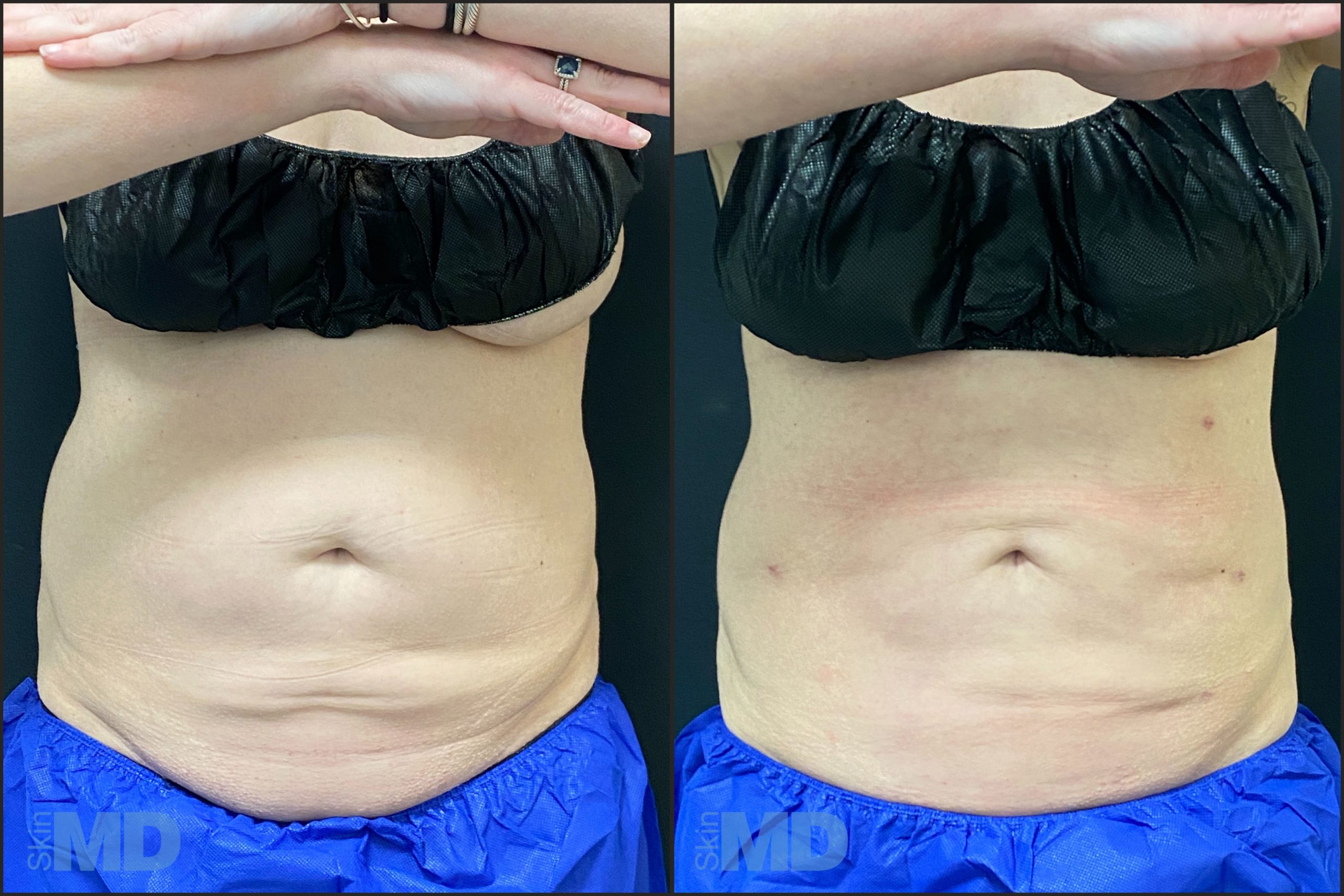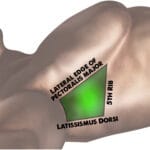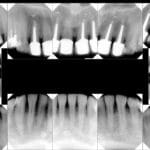Thinking about laser lipo? It’s natural to have questions about its safety. This article addresses a common concern: can laser lipo damage organs? We’ll explore the procedure, potential risks and benefits, and the importance of choosing a qualified practitioner. Let’s separate fact from fiction and empower you to make an informed decision.
Understanding Laser Lipo
How It Works
Laser lipo, or laser-assisted liposuction, uses laser energy to liquefy fat cells beneath the skin. This liquefied fat is then removed through a small incision. The procedure targets subcutaneous fat—the layer between your skin and muscles—leaving deeper tissues and organs largely unaffected. Does laser lipo affect your organs?
Precision and Safety
The precision of the laser and its specific wavelength are crucial. The laser is calibrated to target only fat cells, minimizing impact on surrounding tissues. A skilled practitioner controls the laser’s energy and depth of penetration, adding another layer of safety. Who is not a good candidate for laser liposuction?
Addressing the Organ Damage Question
Targeted Approach
Laser lipo focuses solely on subcutaneous fat. Your vital organs are located much deeper within your body, protected by layers of muscle and tissue. This targeted approach makes it highly unlikely that laser lipo itself will directly affect your organs. It’s like melting butter under the skin’s surface—the heat doesn’t reach the deeper layers.
Potential Risks vs. Organ Damage
While the procedure doesn’t target organs, some risks exist, as with any medical procedure. These risks, however, relate more to the procedure’s execution than the laser’s proximity to organs. Potential complications like burns, nerve damage, or uneven contouring are more likely with improper technique or an inexperienced practitioner. Choosing a board-certified, experienced plastic surgeon specializing in laser lipo is paramount. What are the negative effects of laser lipo? A skilled surgeon understands the nuances of the procedure, minimizing these risks.
Individual Health Considerations
Your individual health plays a significant role. Pre-existing conditions, body composition, and overall health can influence your risk profile. A thorough consultation with a qualified medical professional is essential for assessing your health history, discussing goals, and determining your suitability for laser lipo.
Choosing the Right Practitioner
Selecting a board-certified plastic surgeon with extensive experience in laser lipo is crucial. Their expertise minimizes risks and ensures optimal results.
Here’s what to look for:
- Board Certification: Verify board certification in plastic surgery.
- Experience: Inquire about the surgeon’s specific experience with laser lipo.
- Reviews and Testimonials: Read online reviews from previous patients.
- Consultation: Schedule a consultation to discuss your goals, ask questions, and assess the surgeon’s approach.
Recovery and Post-Operative Care
Following your surgeon’s post-operative instructions, including wearing compression garments, is vital for optimal healing and minimizing potential complications. Proper post-op care helps control swelling, prevent fluid buildup, and promote smooth healing.
Laser Lipo vs. Traditional Liposuction
Both procedures aim to remove unwanted fat, but their methods differ. Laser lipo liquefies fat before removal, potentially offering some skin tightening. Traditional liposuction uses mechanical suction, typically at a lower cost but with a potentially longer recovery period. The best choice depends on your individual needs and goals. Discussing the pros and cons of each with your surgeon is essential.
| Feature | Laser Lipo | Traditional Liposuction |
|---|---|---|
| Fat Removal Method | Liquefying fat with laser energy | Mechanical suction of fat |
| Skin Tightening | Often promotes some skin tightening | Less skin tightening effect |
| Recovery Time | Generally shorter recovery period | Can be a longer recovery period |
| Cost | Typically more expensive | Usually less expensive |
| Impact on Organs | No direct impact on organs when done correctly | No direct impact on organs when done correctly |
| Precision | Potentially more precise fat removal | Can be less precise depending on technique |
| Bruising/Swelling | Potentially less bruising and swelling | May result in more bruising and swelling |
Ongoing Research and Future of Laser Lipo
Medical science is constantly evolving. Ongoing research into laser lipo and other body contouring procedures may lead to improved outcomes and further minimize potential risks. Staying informed about the latest advancements is always a good idea. Some research suggests certain laser wavelengths may be more effective for specific body areas or fat types.
## What are the negative effects of laser lipo?
So, you’re considering laser lipo and want to know about potential downsides? Smart! Being informed is key. Let’s delve into the possible negative effects.
Could Laser Lipo Really Damage My Organs?
Highly unlikely. The laser targets fat cells just beneath the skin’s surface, far from your vital organs. Think of it like melting butter on a cake’s surface—the layers beneath remain unaffected. Experienced practitioners control the laser’s energy and penetration depth, adding another layer of safety.
Expected Side Effects
Like any medical procedure, laser lipo has potential, typically mild, side effects. Common ones include bruising, swelling, and tenderness in the treated area—similar to a mild sunburn. These usually fade within a week or two. More serious complications like infection or uneven contours are rare, especially with a board-certified, experienced surgeon.
Is Laser Lipo a Quick Fix for Weight Loss?
No. Laser lipo is a body-contouring tool, not a weight-loss solution. It refines your shape by targeting stubborn fat pockets resistant to diet and exercise. For significant weight loss, lifestyle changes, including diet and exercise, are more effective and beneficial.
Finding the Right Doctor: Your Homework
Research is crucial. Look for board-certified plastic surgeons specializing in laser lipo. Read online reviews. Schedule consultations with several doctors, ask questions, voice concerns, and understand their approach. Ensure they explain the procedure, including potential risks and benefits, and help you set realistic expectations.
Does laser lipo affect your organs?
Laser lipo is a popular cosmetic procedure. Let’s address a common concern: does it pose a risk to your internal organs?
Zeroing in on Fat: How Laser Lipo Works
Laser lipo uses a focused laser to liquefy fat cells beneath your skin—the subcutaneous fat between your skin and muscles. Your organs are located much deeper, protected by layers of muscle and tissue. When used correctly, the laser stays focused on this superficial fat layer and doesn’t reach your organs.
Potential Risks: It’s More About the Technique
While the procedure itself doesn’t target organs, some potential risks exist, as with any medical procedure. These risks are generally associated with the execution of the procedure, not the laser’s proximity to organs. Burns, nerve damage, or uneven contouring can occur, typically linked to improper technique or a lack of surgeon experience. Choosing a board-certified, experienced plastic surgeon specializing in laser lipo is absolutely critical.
Your Health Matters: Personalized Approach to Safety
Your individual health influences your suitability for laser lipo and potential risks. Pre-existing conditions, body composition, and overall health are all factors. A thorough consultation with a qualified medical professional is essential. This allows the surgeon to assess your health history, discuss your goals, and determine if laser lipo is the right choice.
Post-Op Care: Essential for Smooth Healing
Following your surgeon’s post-operative instructions, including wearing compression garments, is crucial for optimal healing and minimizing potential complications. These garments help control swelling, prevent fluid buildup (seromas), and promote smooth healing.
Who is not a good candidate for laser liposuction?
Laser liposuction is a minimally invasive body contouring procedure, but it’s still a medical procedure with potential risks and benefits. Understanding if it’s right for you is key.
Certain health conditions can make laser lipo riskier. Let’s explore these situations.
- Heart Conditions: If you have significant heart problems, laser lipo may not be the best choice due to the added stress on the body.
- Infections: An active infection, whether minor or serious, can hinder the healing process, making laser lipo inadvisable.
- Acute Illnesses: Similar to active infections, acute illnesses require your body’s resources for recovery, and adding laser lipo could delay healing.
- Pregnancy: Laser lipo is generally not recommended during pregnancy or breastfeeding due to insufficient research on its safety.
These restrictions exist because your body needs to be in good shape to heal properly and minimize risks. If a major system is malfunctioning, adding cosmetic changes could throw things off balance.
To determine your candidacy, consult with a qualified medical professional, ideally a board-certified plastic surgeon with experience in laser liposuction. They’ll evaluate your health, discuss your goals, and determine if laser lipo is the right approach. This consultation is vital—don’t skip it!
Your mental and emotional well-being is also important. Realistic expectations and a healthy body image are crucial for satisfaction with the results. Laser lipo can improve body contours but isn’t a magic fix for self-esteem issues.
Safety always comes first. Understanding who isn’t a good candidate is as important as understanding who is. A thorough consultation with a qualified professional is the first step toward an informed decision.
Are you curious about whether a visit to the chiropractor might result in a prescription? Uncover the answer to the question, can a chiropractor prescribe meds, and delve into the intriguing world of chiropractic care. Further explore the prescribing abilities of these healthcare professionals by discovering if can chiropractors prescribe meds.
- Mastering Leader in Spanish: The Complete Guide - April 19, 2025
- Uncovering Surprising Parallels: England Size Compared to US States - April 19, 2025
- Old Mexico Map: Border Shifts 1821-1857 - April 19, 2025















